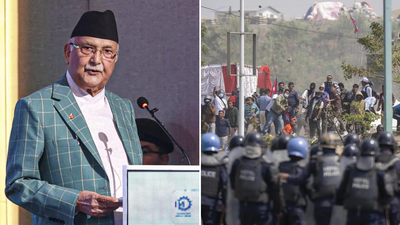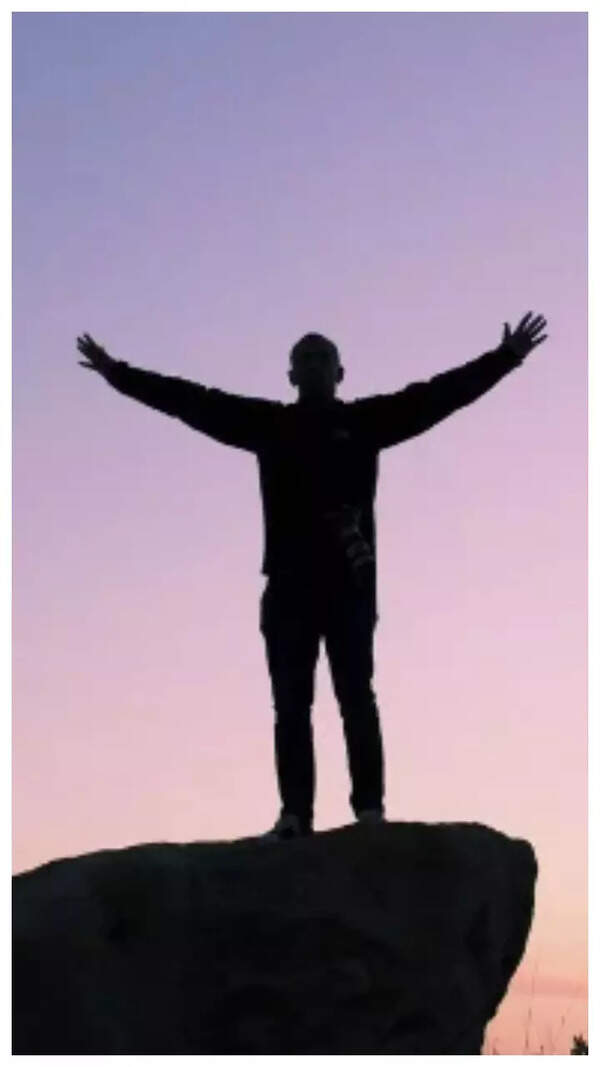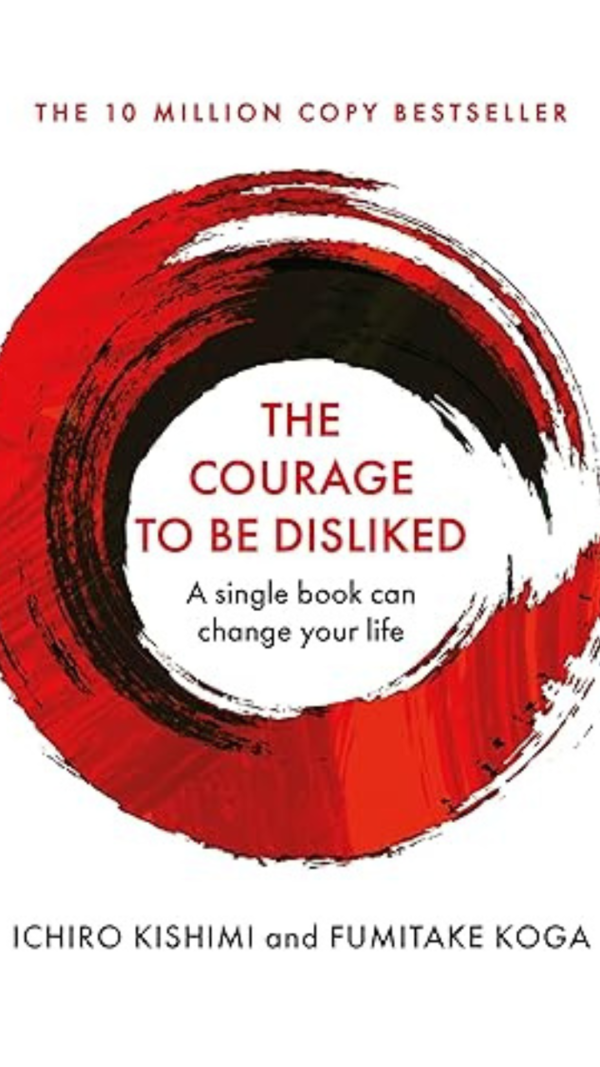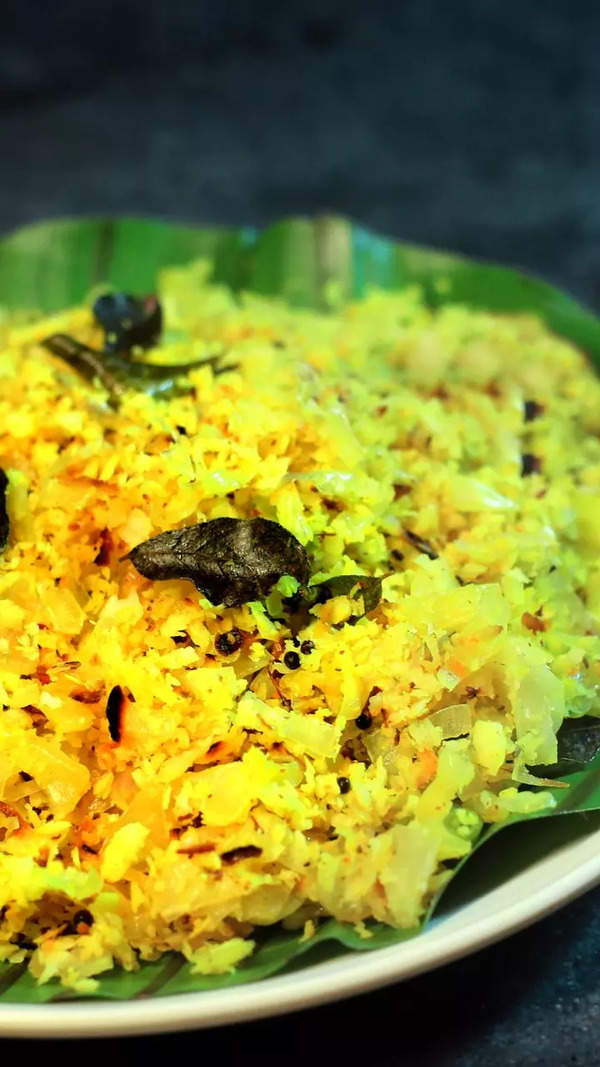- News
- World News
- South Asia News
- 'Terrorist activities': Nepal's Oli blames former king Gyanendra Shah for unrest
Trending
'Terrorist activities': Nepal's Oli blames former king Gyanendra Shah for unrest
Nepal's Prime Minister KP Sharma Oli accused former King Gyanendra Shah of instigating violence during recent pro-monarchy protests. Oli claimed that Shah aligned with individuals refusing to repay loans, thereby fuelling social unrest. Amidst the protests, over 100 activists were detained, with some facing serious charges.
Nepal's Prime Minister KP Sharma Oli on Monday accused former King Gyanendra Shah of attempting to disrupt social harmony and instigating violence during recent pro-monarchy protests. Addressing the House of Representatives, Oli said Shah was responsible for fueling unrest by aligning with individuals who refused to repay bank loans and encouraging division.
"The alleged organisers attempted to drive a vehicle over the police and breached the restricted area. There were terrorist activities like setting fire to the international airport and the oil corporation's depot," Oli said.
The protests, which took place in Kathmandu’s Tinkune area, turned violent, resulting in two deaths and over 110 injuries. Oli said that the protesters engaged in terrorist activities, including attempting to set fire to the international airport and oil corporation depot. He warned that those involved in arson, looting, and vandalism would not be spared.
The remarks led to strong opposition from lawmakers of the Rastriya Prajatantra Party (RPP), which supports the restoration of the Hindu monarchy in Nepal. However, Oli remained firm, stating that those responsible for inciting violence would face legal consequences.
Arrests and political repercussions
Following the protests, Nepalese authorities detained over 100 pro-monarchy activists, including senior RPP leaders Rabindra Mishra and Dhawal Shamsher Rana. A Nepalese court extended the custody of 42 individuals for five days to allow further investigation.
Police have charged 11 protesters with crimes against the state, while 31 others face organised crime-related charges.
Among those arrested are key royalist figures, including Munindra Rajbhandari and Santosh, as well as RTF Commander Durga Prasai, who reportedly went into hiding after the protests. Authorities have vowed strict action against those found guilty of orchestrating the violence.
The unrest comes amid renewed efforts by the RPP to push for the reinstatement of Nepal’s monarchy. The party, formed in the 1990s, has consistently supported the kingship and has seen fluctuating electoral success. In the 2022 elections, the RPP secured 14 parliamentary seats, marking a resurgence in its political influence.
Nepal abolished its centuries-old monarchy in 2006 after King Gyanendra attempted to consolidate power. The transition to democracy, marked by widespread protests and international pressure, led to the establishment of a federal republic. However, the issue of monarchy remains divisive, with a significant portion of Nepal’s population still supporting a Hindu kingdom.

About the Author
TOI World DeskEnd of Article
FOLLOW US ON SOCIAL MEDIA










